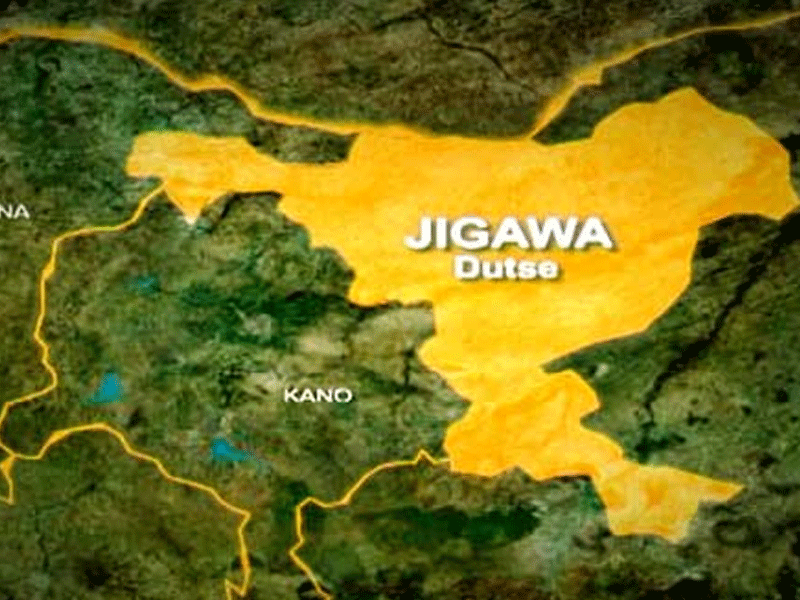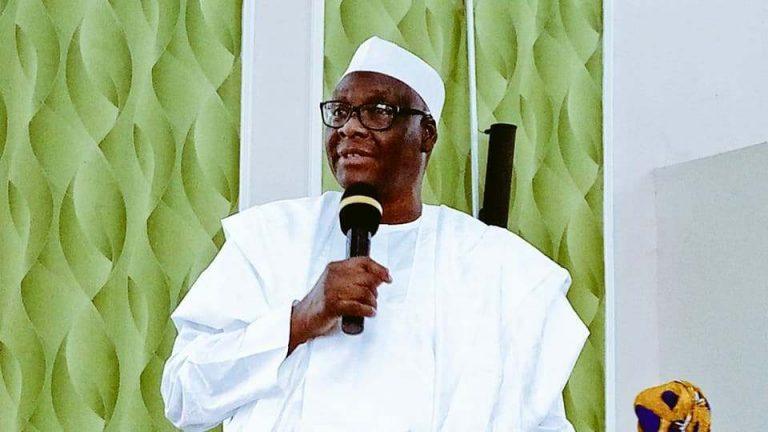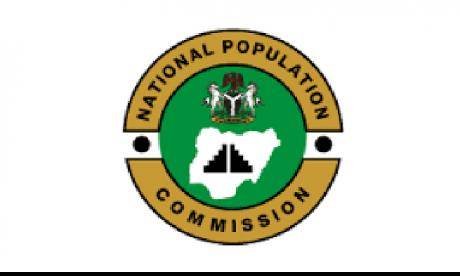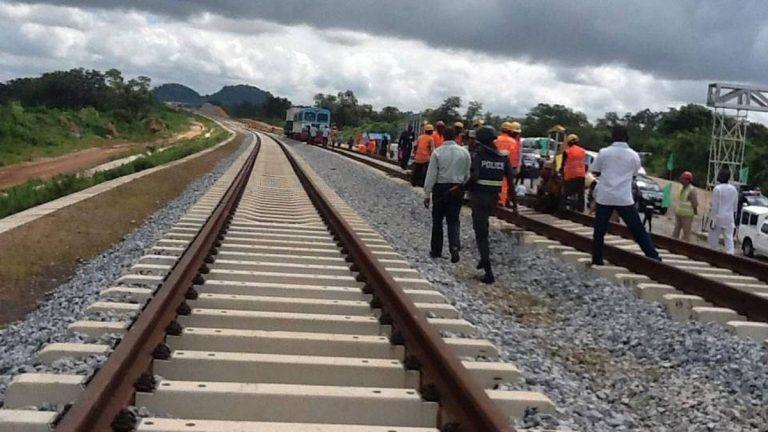167,000 women in Jigawa get FG’s N1.6b
No fewer than 167,000 women considered to be poor and vulnerable in Jagawa State got about N1.6billion from the Federal Government as part of government’s Conditional Cash Transfer programme.
Malam Mustafa Yakubu, the Training and Communication Officer, State Cash Transfer Unit, who made this known to newsmen on Saturday in Kiyawa, Jigawa State, Yakubu said the funds were disbursed to beneficiaries via Fund and Electronic Transfer Solution (FETS Wallet), engaged by the National Cash Transfer Office.
He spoke after monitoring the exercise at Andaza and Shuwarin villages of Kiyawa Local Government Area.
He explained that the payment was for the months of May and June and that each beneficiary got N10,000.
“In Jigawa, we have not less than 167,000 beneficiaries in the 27 local government areas.
“For the all components of the programme, we are paying not less than N1.6 billion every two months,’’ Yakubu said.
He expressed satisfaction with the payment, but expressed the need for the process to be more ICT-savvy.
“The application of ICT will remove the need for beneficiaries to gather in one place to collect the money.
“This will help in curtailing insecurity issues surrounding the process and help the financial education of the beneficiaries.
“Higher deployment of ICT will also help other business activities like the POS service and the observance of social distancing protocol of COVID-19,’’ he said.
According to him, SCTU also conducts coaching and mentoring for the beneficiaries on how best to utilise the money, particularly in investments.
“Some beneficiaries are already into one petty business or the other. So we train and advise them on how best to use the money in their businesses and trades.
“Some of them formed cap-making groups, some formed cooperative groups, while others engage in small scale businesses,’’ Yakubu added.
The CCT programme requires that beneficiaries meet certain criteria like enrolling their children in public schools and getting regular check-ups at the hospital.
It seeks to break the cycle of poverty through the development of human capital.







